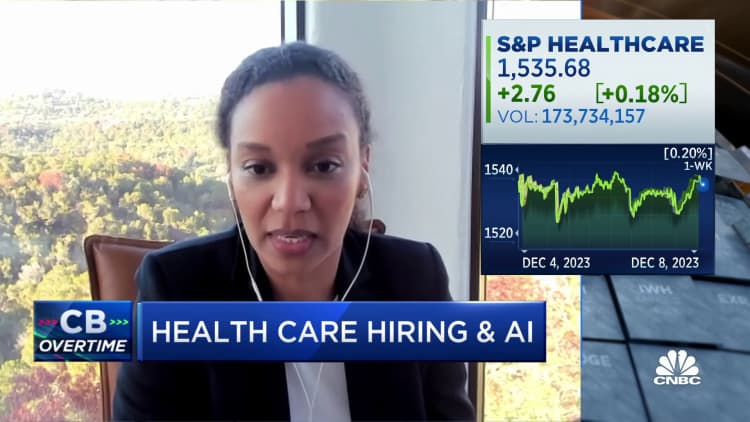A
photo
taken
on
November
23,
2023
shows
the
logo
of
the
ChatGPT
application
developed
by
US
artificial
intelligence
research
organization
OpenAI
on
a
smartphone
screen
(left)
and
the
letters
AI
on
a
laptop
screen
in
Frankfurt
am
Main,
western
Germany.
Kirill
Kudryavtsev
|
Afp
|
Getty
Images
The
European
Union
on
Friday
agreed
to
landmark
rules
for
artificial
intelligence,
in
what’s
likely
to
become
the
first
major
regulation
governing
the
emerging
technology
in
the
western
world.
Major
EU
institutions
spent
the
week
hashing
out
proposals
in
an
effort
to
reach
an
agreement.
Sticking
points
included
how
to
regulate
generative
AI
models,
used
to
create
tools
like
ChatGPT,
and
use
of
biometric
identification
tools,
such
as
facial
recognition
and
fingerprint
scanning.
Germany,
France
and
Italy
have
opposed
directly
regulating
generative
AI
models,
known
as
“foundation
models,”
instead
favoring
self-regulation
from
the
companies
behind
them
through
government-introduced
codes
of
conduct.
Their
concern
is
that
excessive
regulation
could
stifle
Europe’s
ability
to
compete
with
Chinese
and
American
tech
leaders.
Germany
and
France
are
home
to
some
of
Europe’s
most
promising
AI
startups,
including
DeepL
and
Mistral
AI.
The
EU
AI
Act
is
the
first
of
its
kind
specifically
targeting
AI
and
follows
years
of
European
efforts
to
regulate
the
technology.
The
law
traces
its
origins
to
2021,
when
the
European
Commission
first
proposed
a
common
regulatory
and
legal
framework
for
AI.
The
law
divides
AI
into
categories
of
risk
from
“unacceptable”
—
meaning
technologies
that
must
be
banned
—
to
high,
medium
and
low-risk
forms
of
AI.
Generative
AI
became
a
mainstream
topic
late
last
year
following
the
public
release
of
OpenAI’s
ChatGPT.
That
appeared
after
the
initial
2021
EU
proposals
and
pushed
lawmakers
to
rethink
their
approach.
ChatGPT
and
other
generative
AI
tools
like
Stable
Diffusion,
Google’s
Bard
and
Anthropic’s
Claude
blindsided
AI
experts
and
regulators
with
their
ability
to
generate
sophisticated
and
humanlike
output
from
simple
queries
using
vast
quantities
of
data.
They’ve
sparked
criticism
due
to
concerns
over
the
potential
to
displace
jobs,
generate
discriminative
language
and
infringe
privacy.
WATCH:
Generative
AI
can
help
speed
up
the
hiring
process
for
health-care
industry

watch
now
